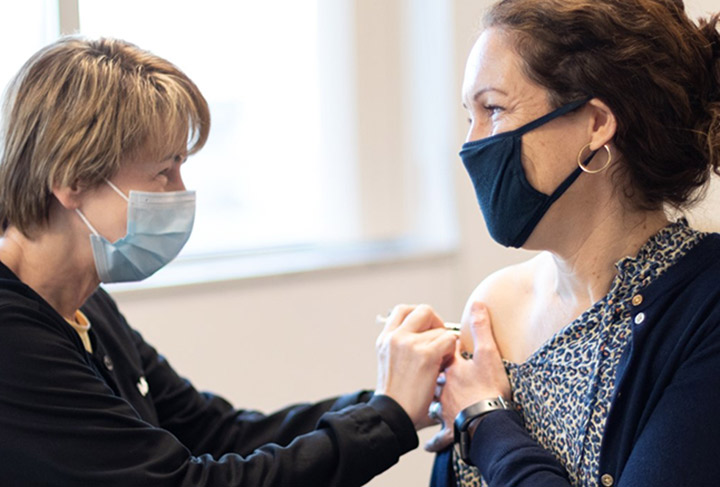
As COVID-19 and the delta variant continue to spread and more children test positive, it’s important to know how to manage their return to physical activity after a COVID-19 infection.
While COVID-19 is still new and there is much to be learned, there are two main concerns for children who get COVID-19:
- Multisystem inflammatory syndrome in children (MIS-C) where different body parts can become inflamed, including the heart, lungs, kidneys, brain, skin, eyes or gastrointestinal organs.
- Myocarditis is inflammation of the middle layer of the wall of the heart, which can temporarily or permanently weaken the heart muscle and the heart’s electrical system that keeps the heart pumping regularly.
"It's important for kids and their parents to follow gradual return-to-play guidelines because of an increased risk of myocarditis and acute cardiac injury post COVID-19 infection," said Dr. Manoj Parimi, Mercy Kids pediatric cardiologist. "In patients with myocarditis, exercise results in increased cardiac muscle injury and there is a higher incidence of heart rhythm abnormalities potentially leading to sudden cardiac death."
Mercy Kids experts developed a Return to Play process based on guidelines from the American Academy of Pediatrics and input from our pediatric cardiologists. The process varies depending on the child’s age and whether the illness was severe, mild or asymptomatic. It offers guidance to pediatricians to prevent any unforeseen heart issues related to COVID-19 upon returning to physical activity.
- Those younger than 12 and asymptomatic for 14 days are typically cleared for full participation with no further screening.
- For kids 12 and up, experts recommend a gradual return to play protocol. Download full Mercy Kids Return to Play After COVID-19 flow chart.
“Regardless of severity of COVID infection, it’s important for any child who tested positive to be cleared by a primary care physician,” said Dr. Joe Kahn, Mercy Kids president. “It can be an extra reassurance for parents to make sure all is good.”




